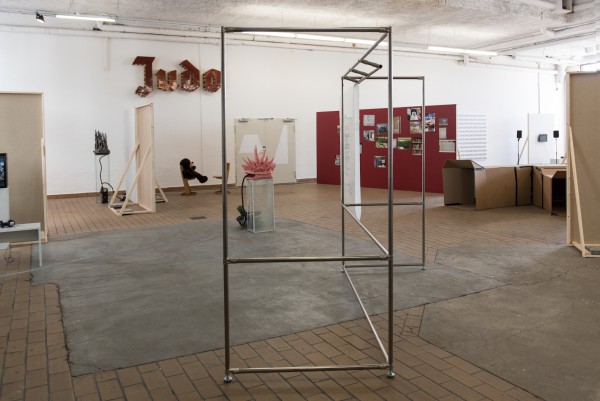exhibition. School, Hood and Resistance /
Bildungsteam Berlin
![]()
exhibition concept & design (drawings) / curation with Maria Agudelo Ganem & Gudrun Greve 2022-2023
theatre. La Danse d´Amazon / Rimini Protokoll
![]()
video concept & animations for a theatre piece 2023-2024
video installation. Techno/ontologies of Memory
![]() research project about archivism and marginalised archives 2023- 2027
research project about archivism and marginalised archives 2023- 2027
exhibition. School, Hood and Resistance /
Bildungsteam Berlin
![]()
exhibition concept & design (drawings) / curation with Maria Agudelo Ganem & Gudrun Greve 2022-2023
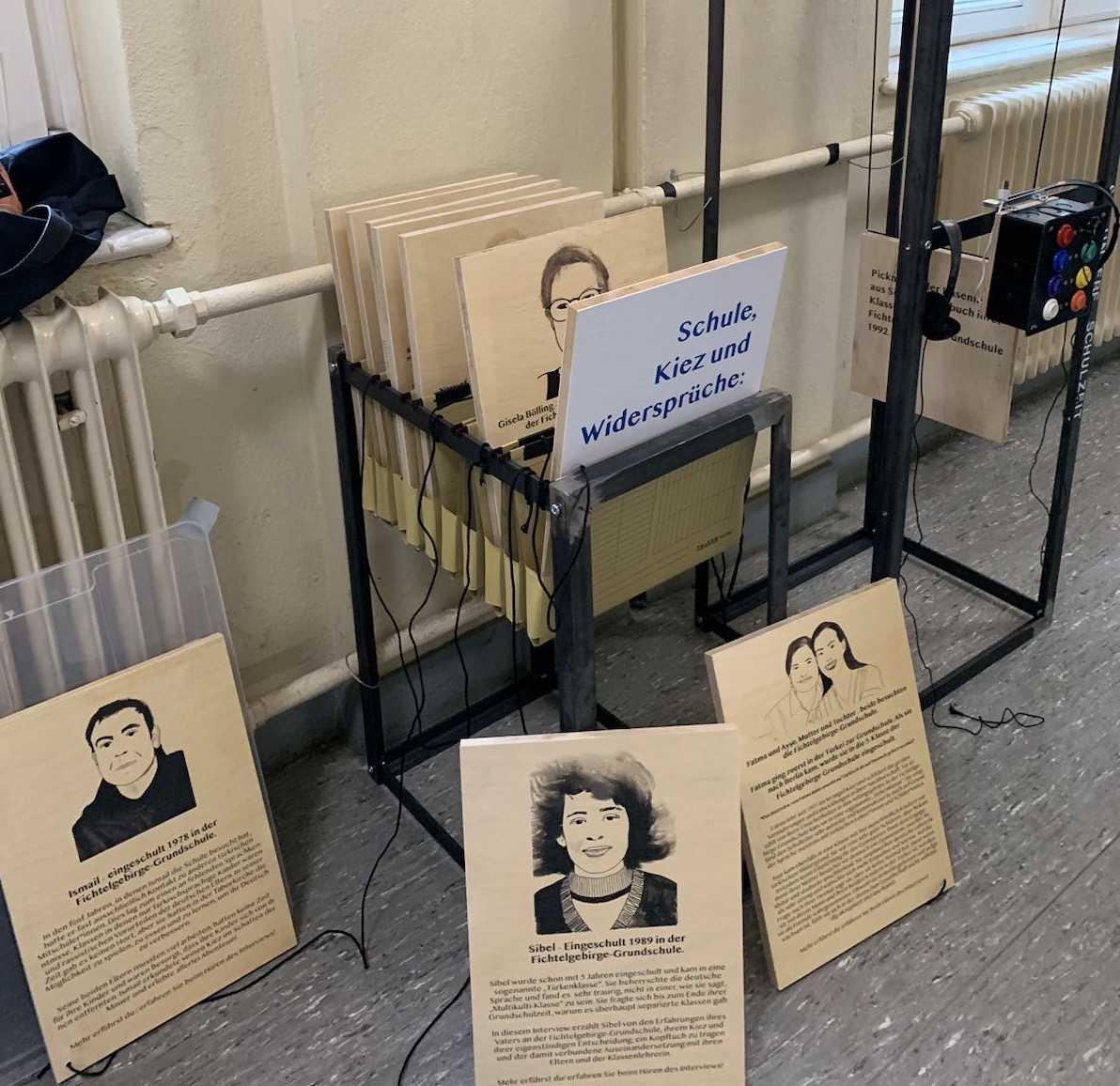
exhibition concept & design (drawings) / curation with Maria Agudelo Ganem & Gudrun Greve 2022-2023
theatre. La Danse d´Amazon / Rimini Protokoll
![]()
video concept & animations for a theatre piece 2023-2024
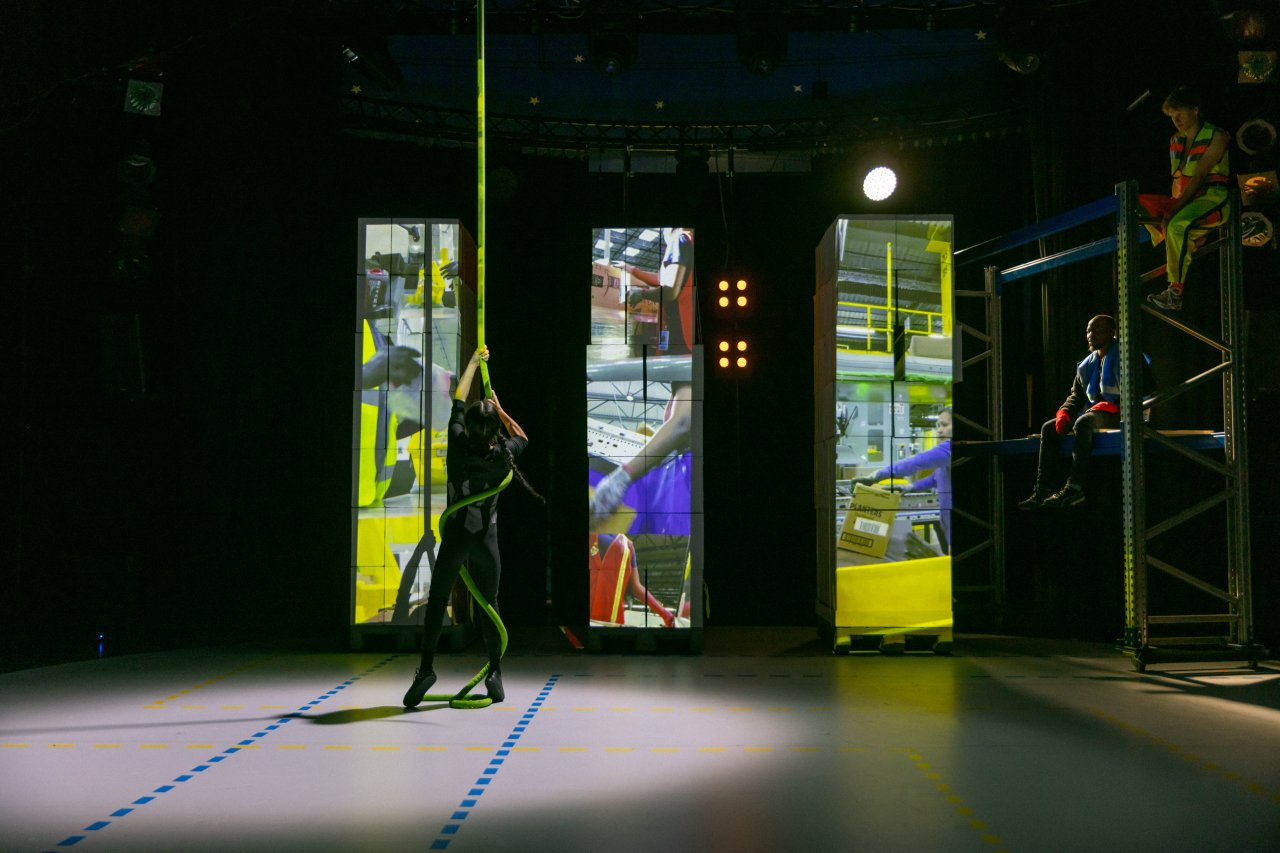
video concept & animations for a theatre piece 2023-2024
video installation. Techno/ontologies of Memory
![]() research project about archivism and marginalised archives 2023- 2027
research project about archivism and marginalised archives 2023- 2027
 research project about archivism and marginalised archives 2023- 2027
research project about archivism and marginalised archives 2023- 2027theatre.feuer & flamme / antonia baehr, carola caggiano, lucile desamory, elke echo, teta lírica, florina speth aka schloss mirabell , wolfgang müller und ahmad hamad![]()
music composition & dj set aka elke echo 2022
lecture performance. w wie wollmäuse / antonia baehr
![]() sound setup 2022 Brecht Literaturhaus
sound setup 2022 Brecht Literaturhaus
exhibition. 40 years art in context
![]()
curation & video installation 2019 NGBK, archive material from 40 years history of the institute
stop motion film. Covidian Dreams
![]() paper stop motion animation
paper stop motion animation
(2022- ca. 2027) still in progress
theatre.feuer & flamme / antonia baehr, carola caggiano, lucile desamory, elke echo, teta lírica, florina speth aka schloss mirabell , wolfgang müller und ahmad hamad![]()
music composition & dj set aka elke echo 2022
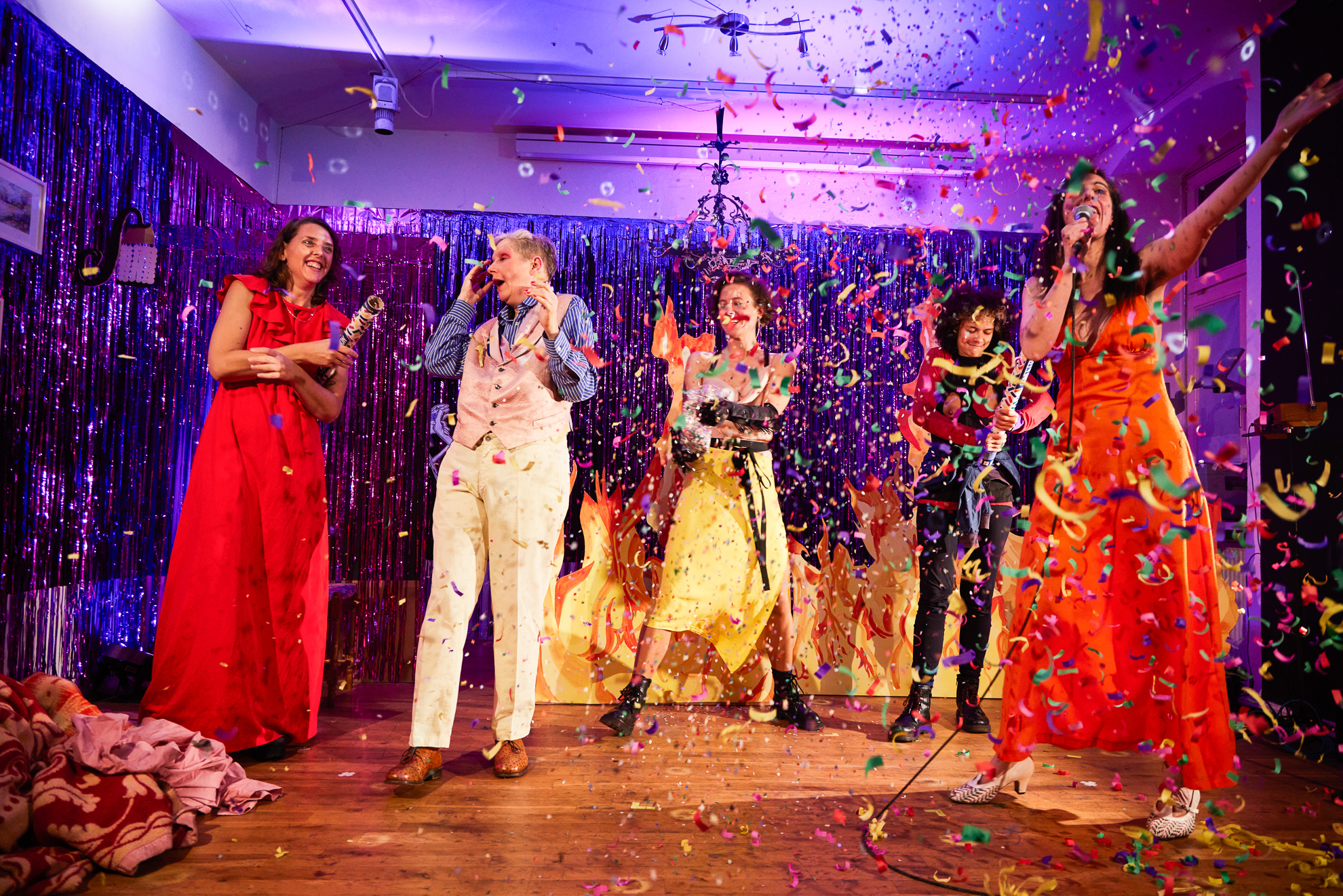
music composition & dj set aka elke echo 2022
lecture performance. w wie wollmäuse / antonia baehr
![]() sound setup 2022 Brecht Literaturhaus
sound setup 2022 Brecht Literaturhaus
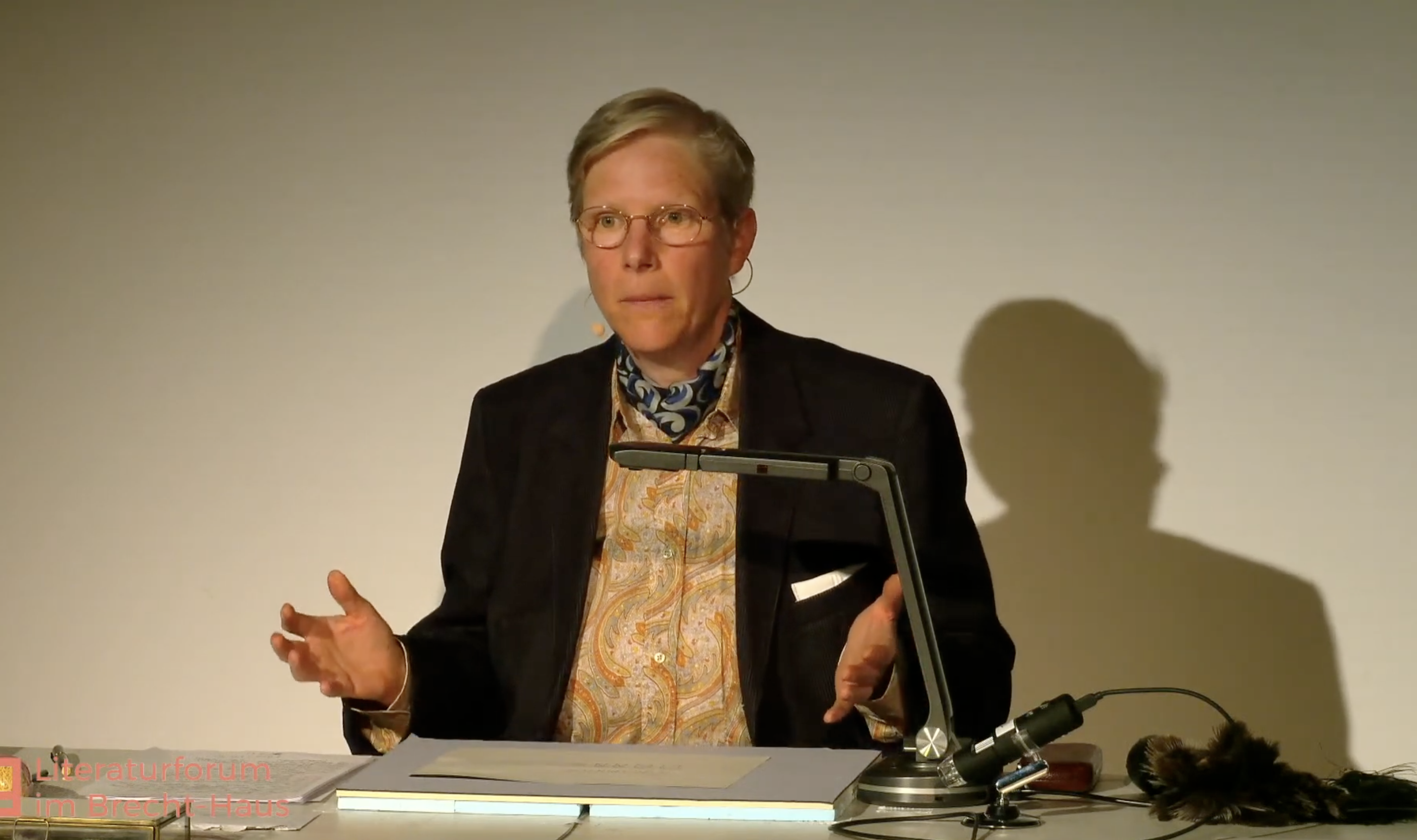 sound setup 2022 Brecht Literaturhaus
sound setup 2022 Brecht Literaturhausexhibition. 40 years art in context
![]()
curation & video installation 2019 NGBK, archive material from 40 years history of the institute

curation & video installation 2019 NGBK, archive material from 40 years history of the institute
stop motion film. Covidian Dreams
![]() paper stop motion animation
paper stop motion animation
(2022- ca. 2027) still in progress
 paper stop motion animation
paper stop motion animation(2022- ca. 2027) still in progress
animation film. i don´t feel safe

hand drawn stop motion on paper, 2:40min, 2008 (music by sonderform)


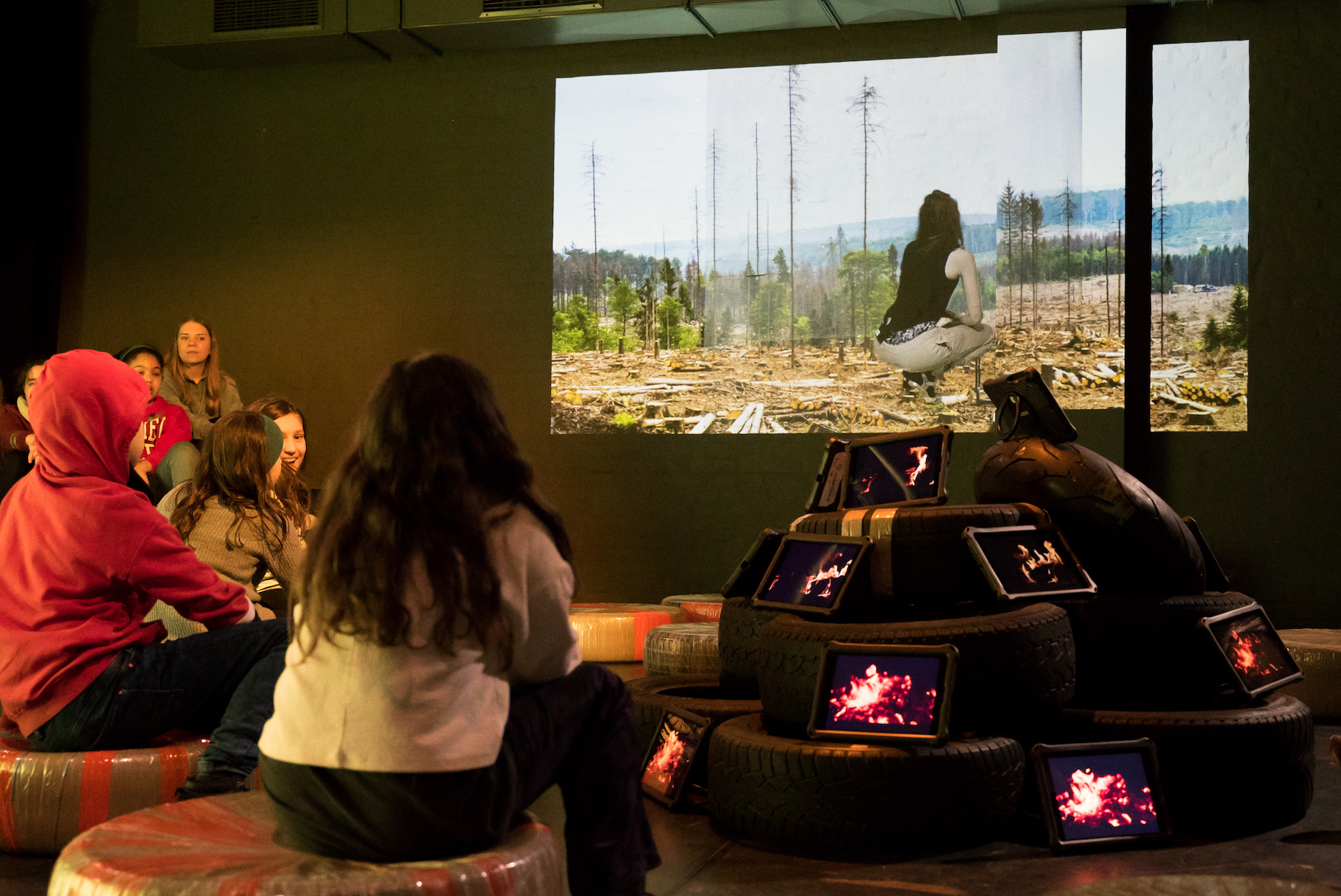
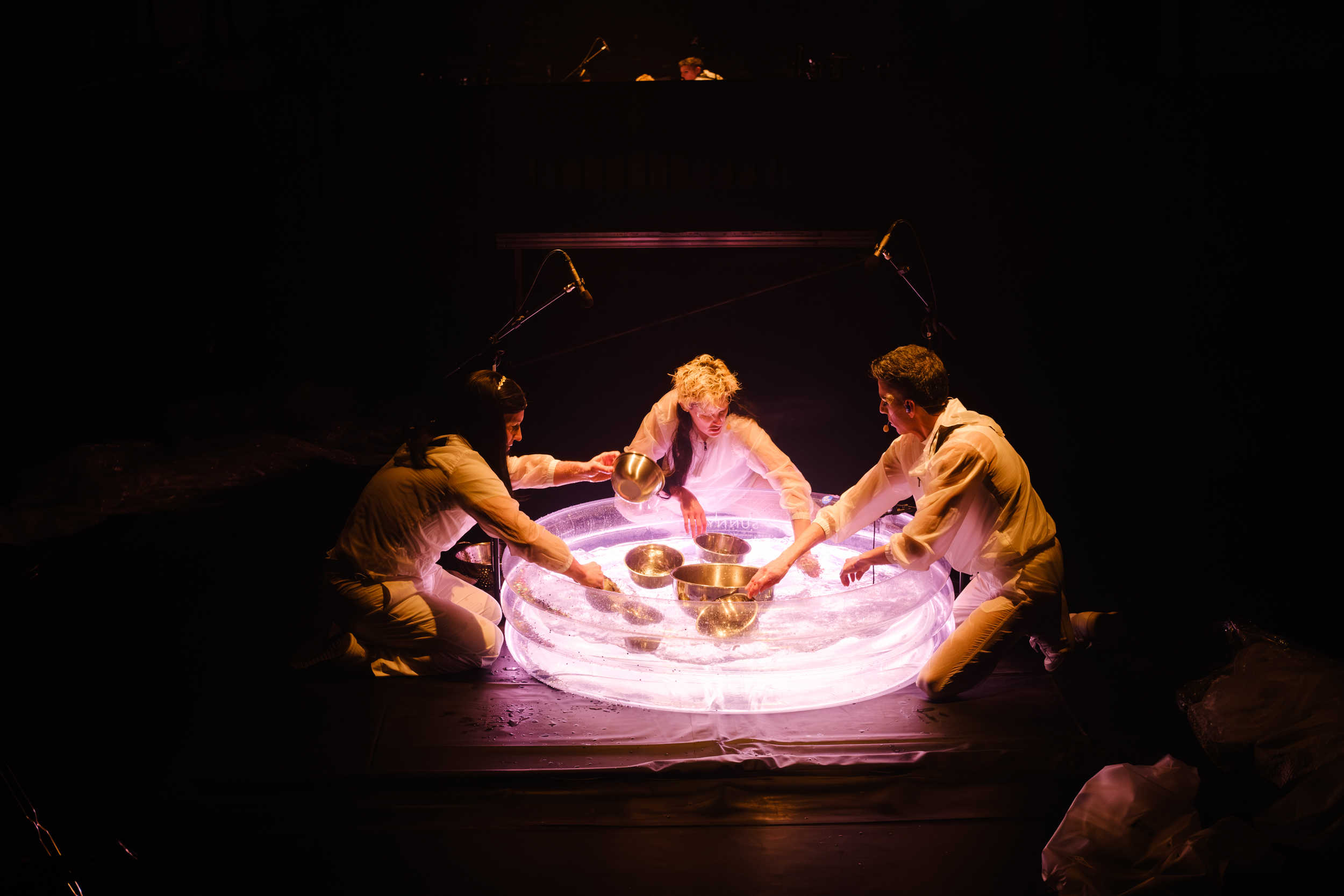
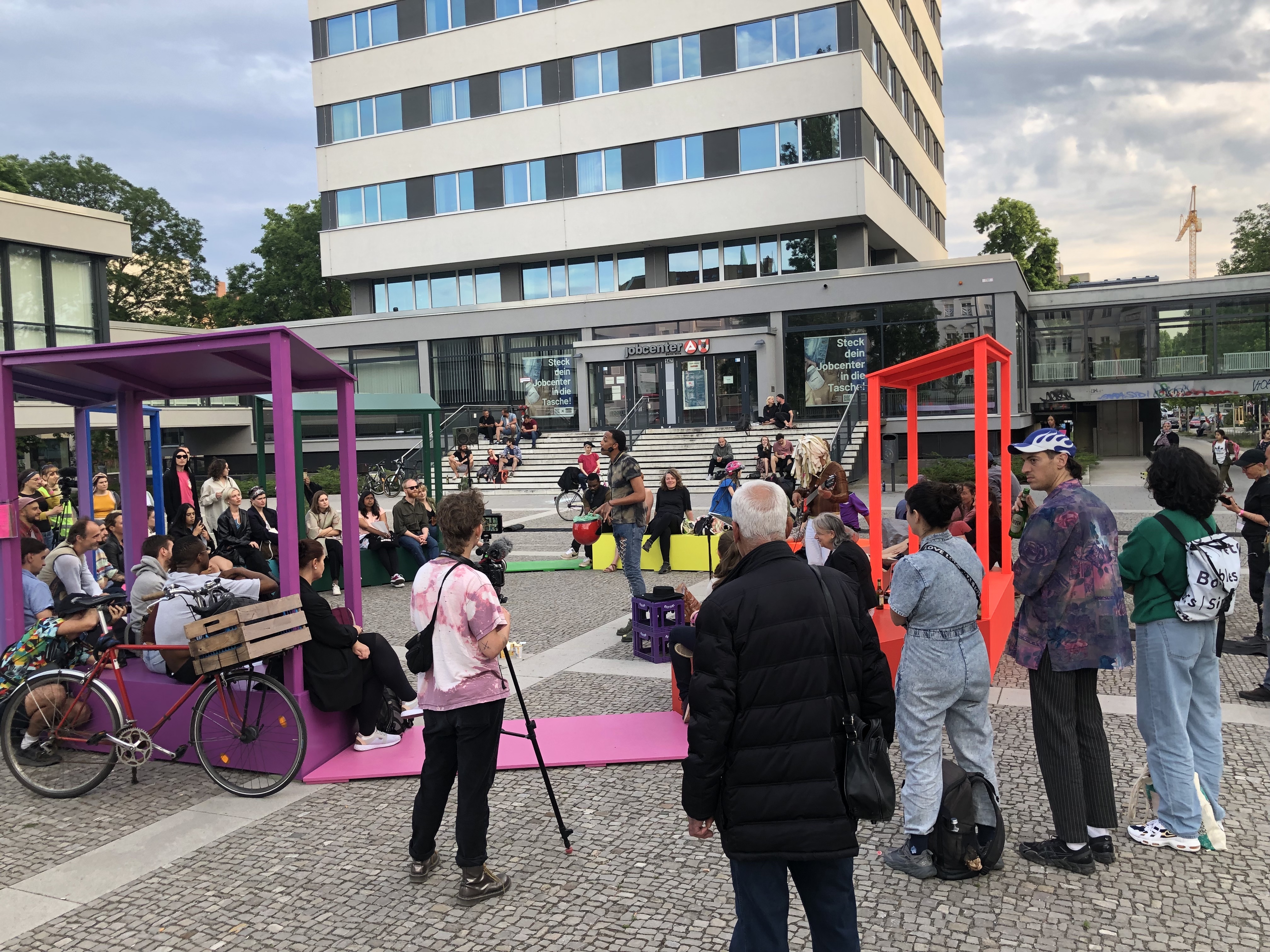
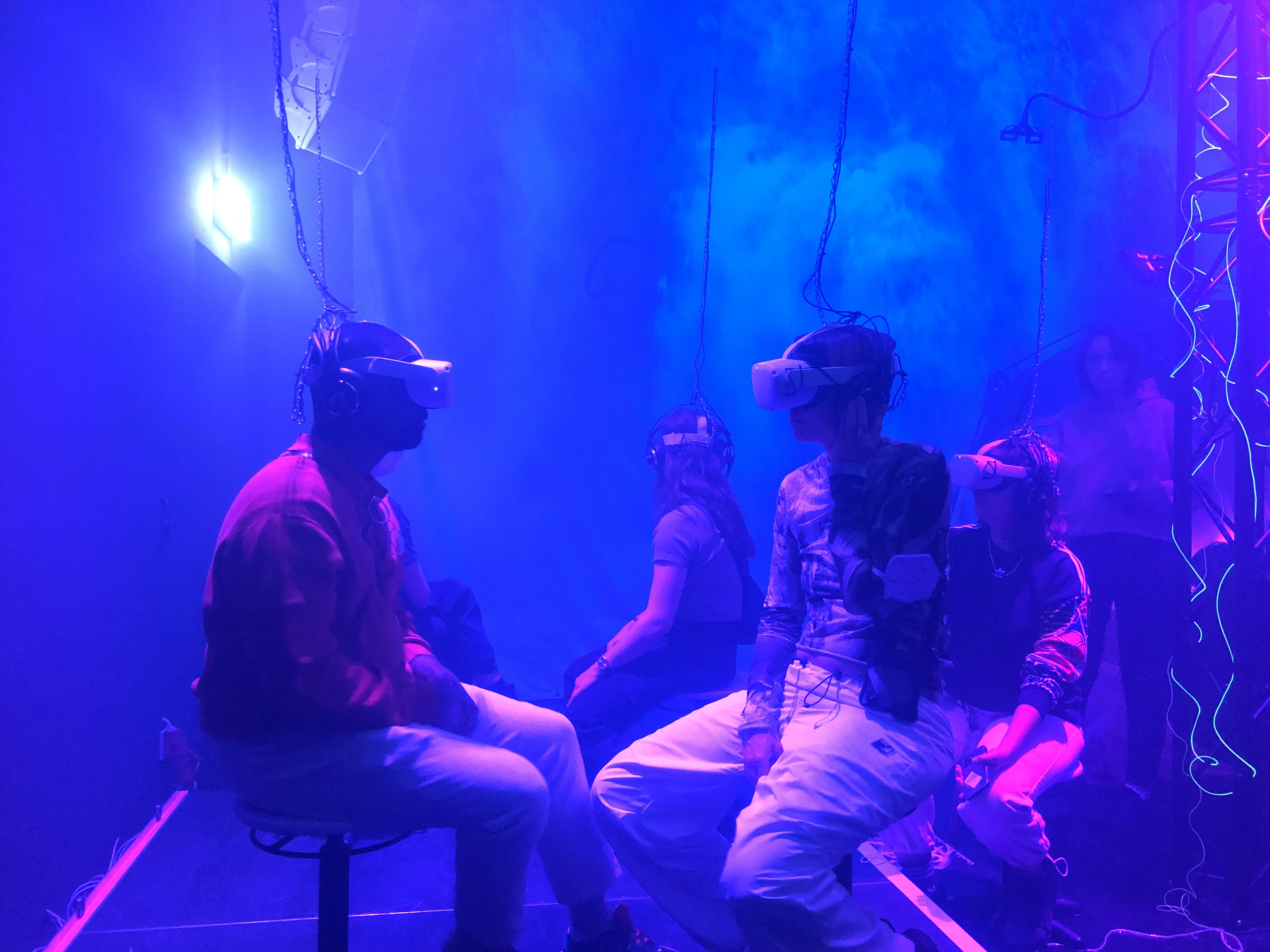 live video 2020-2021 Hebbel am Ufer
live video 2020-2021 Hebbel am Ufer